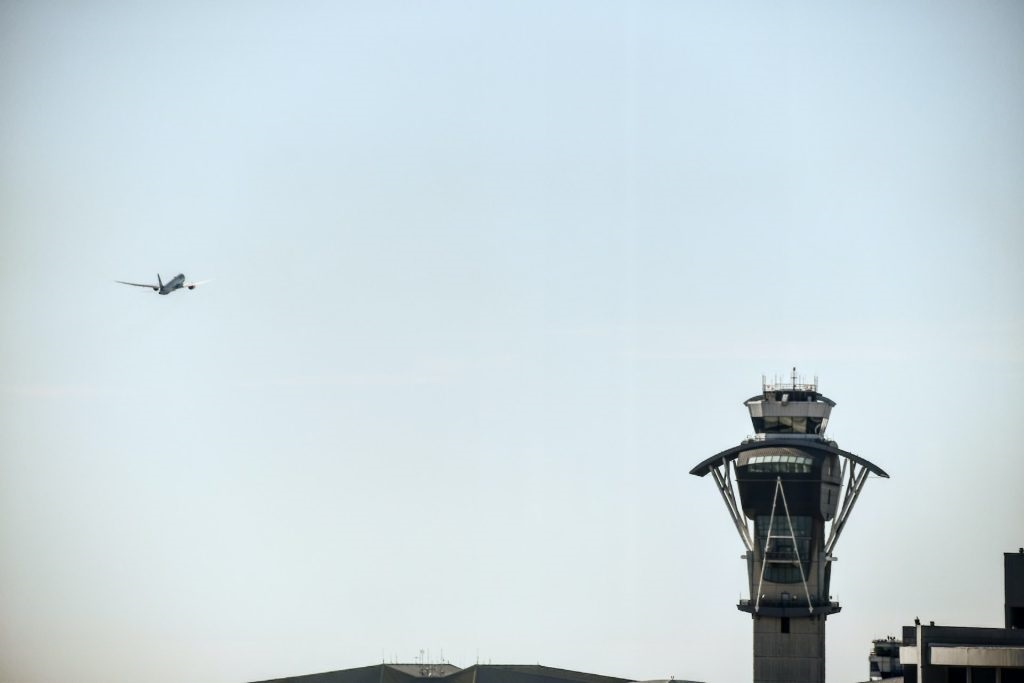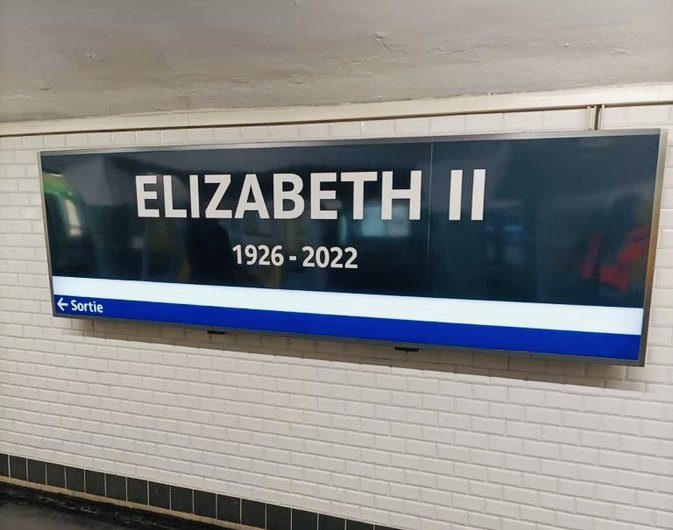The National Union of Air Traffic Controllers (SNCTA) is calling for another industrial action from September 28th to 30th. The first strike took place on September 16th, a “dark day” for travel agencies, when the French Civil Aviation Authority (DGAC) requested airlines to reduce their flight schedule from all French airports by 50% on that day to better manage the situation.
There is no doubt that the last days of September will be fraught with uncertainty, even if the union avoids a movement during a weekend. “By leaving two weeks of notice, the SNCTA continues to seek solutions and is open to discussion with public authorities,” said the statement.
Discussions and contact were never stopped. In fact, they are ongoing.
Frédéric Solano, DGAC’s managing director
Last week, air traffic controllers conducted the strike between 6am Friday 16 September and 6am Saturday 17 September. Air France operated around 90% of its long-haul flights and only 45% of its short and medium-haul flights. According to Euronews, Ryanair was forced to cancel 420 flights, affecting 80,000 passengers. Air France cancelled 55 per cent of its short and medium-haul flights and 10 per cent of its long-haul flights.
Besides the flights directly to and from France, routes passing over the country were also affected, since they are also regulated by French air traffic controllers. DGAC tried to minimize the impact by working with Eurocontrol; some planes were re-routed so they could avoid French airspace.
The most recent notice came out as a means to put pressure on the French Civil Aviation Authority. According to the SNCTA, the action taken on September 16th does not seem to have borne fruit thus call for another strike at the end of September being presented.
“Between 2029 and 2035, one third of the workforce is retiring. It is imperative that we anticipate and plan recruitment. If not, the consequences will be inevitable in terms of the public service, working conditions and flexibility”, the union explained.
The controllers are asking for the creation of new teams to cope with the many retirements planned between 2029-2035. They are concerned about a thinning of the workforce, but also to preserve a high level of public service in air navigation. They are calling for a salary increase to help alleviate the effects of inflation.













